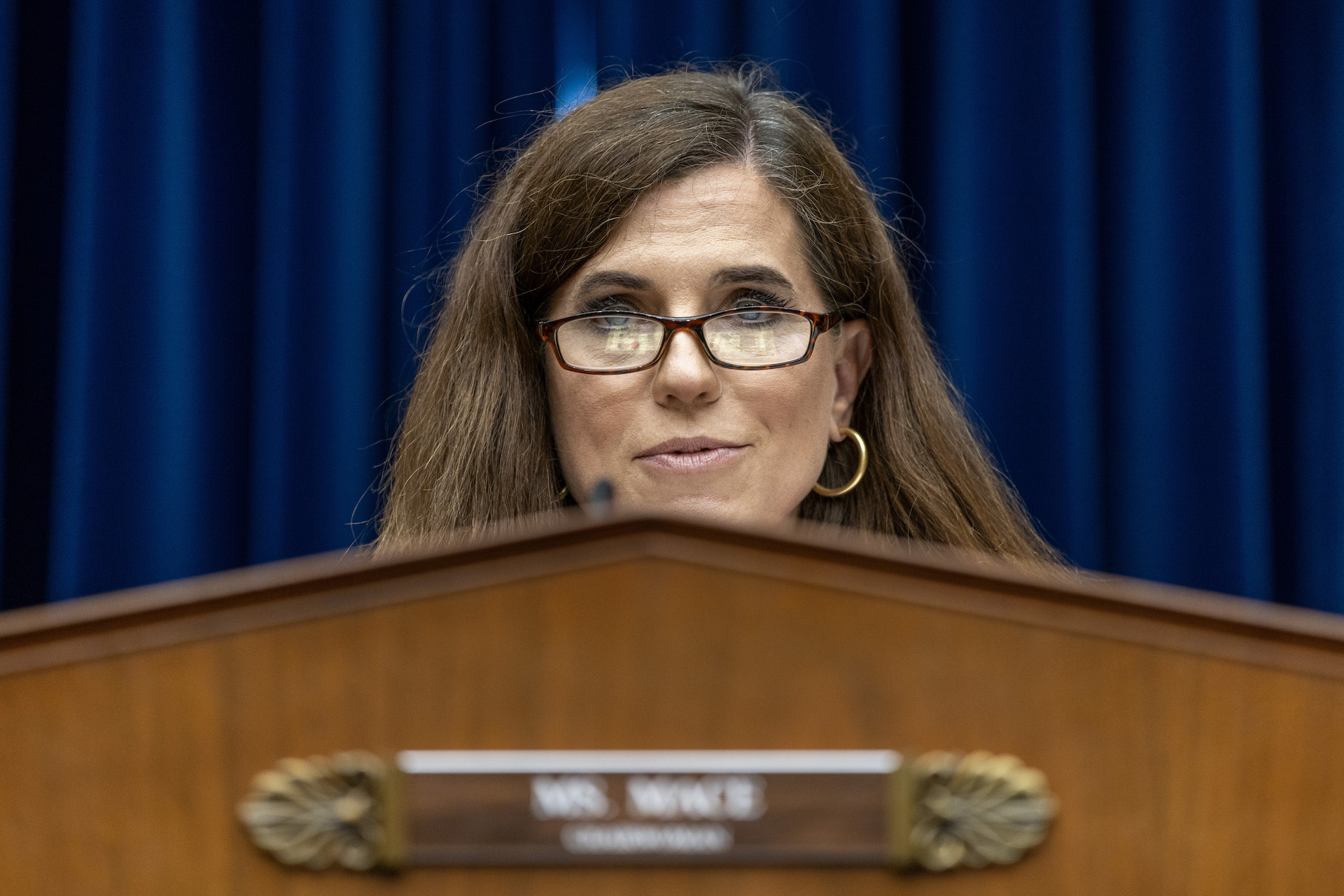Revolutionizing Veteran Care: Rep. Mace's Blockchain Bill Aims to Modernize the VA

In a move poised to significantly improve efficiency and transparency within the Department of Veterans Affairs (VA), Representative Nancy Mace (SC-01) has reintroduced the Veterans Affairs Distributed Ledger Innovation Act. This crucial legislation seeks to harness the power of blockchain technology to modernize VA systems, ultimately benefiting millions of American veterans.
For years, the VA has faced challenges related to outdated infrastructure, bureaucratic inefficiencies, and difficulties in securely managing sensitive veteran data. These issues have led to delays in benefits processing, errors in record-keeping, and frustration for those who have served our nation. Rep. Mace’s bill directly addresses these concerns by directing the VA to conduct a comprehensive investigation into the potential applications of distributed ledger technology (DLT), more commonly known as blockchain.
What is Blockchain and Why Does it Matter for the VA?
Blockchain technology, at its core, is a decentralized, immutable ledger. This means that data recorded on a blockchain is virtually tamper-proof and distributed across a network of computers, making it incredibly secure. It’s the technology that underpins cryptocurrencies like Bitcoin, but its applications extend far beyond digital currency. For the VA, blockchain offers a unique opportunity to streamline processes, enhance data security, and improve the overall veteran experience.
Key Potential Benefits of Blockchain Implementation at the VA:
- Enhanced Data Security: Blockchain’s inherent security features can protect sensitive veteran data from cyber threats and unauthorized access.
- Improved Transparency: A blockchain-based system can provide veterans with greater transparency into the status of their claims and benefits.
- Streamlined Claims Processing: By automating certain aspects of the claims process and reducing paperwork, blockchain can significantly speed up benefit delivery.
- Reduced Fraud: The immutability of blockchain records makes it more difficult to commit fraud and abuse within the VA system.
- Interoperability: Blockchain can facilitate seamless data sharing between different VA departments and external agencies, improving coordination and collaboration.
The Veterans Affairs Distributed Ledger Innovation Act: A Roadmap for Modernization
The bill doesn't mandate immediate implementation of blockchain across the entire VA. Instead, it takes a measured approach, requiring the VA to:
- Conduct a thorough assessment of DLT's potential applications within the VA.
- Develop a pilot program to test and evaluate specific blockchain use cases.
- Report to Congress on the findings of the assessment and pilot program.
This careful, phased approach allows the VA to explore the technology responsibly and ensure that any implementation is aligned with the needs of veterans and the realities of the agency.
“Our veterans deserve access to the best possible care and support, and that requires embracing innovative solutions,” said Representative Mace. “This bill is a common-sense step towards modernizing the VA and ensuring that our nation’s heroes receive the benefits and services they’ve earned.”
The reintroduction of the Veterans Affairs Distributed Ledger Innovation Act represents a significant opportunity to transform the VA and improve the lives of millions of veterans. As the bill progresses through Congress, it will be crucial for stakeholders to engage in constructive dialogue and work together to ensure that blockchain technology is leveraged effectively to serve those who have served our country.






